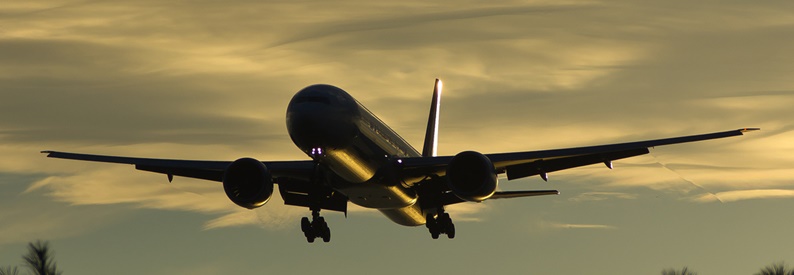American joins United and others in suspending more NYC flights on coronavirus spike

American Airlines said it would suspend more flights in and out of New York City’s three main airports for about a month, joining other airlines that have cut flights to the area following a spike in coronavirus cases.
Between April 9 and May 6, American will operate a total of 13 daily flights from New York’s JFK and LaGuardia airports and New Jersey’s Newark, it said, down from an average of 271 daily flights across all three airports in April 2019.
David Seymour, American’s senior vice president of Operations, told employees that demand for flights to the New York area “is rapidly evaporating” following an increase in COVID-19 cases and a recent advisory from the Centers for Disease Control and Prevention warning against all non-essential travel to and from New York, Connecticut, and New Jersey.
New York has been the hardest-hit U.S. state by the coronavirus pandemic.
United Airlines said on Saturday that it was reducing its daily New York City area flights to 17 from 157, while JetBlue Airways is cutting its schedule by as much as 80% and Spirit Airlines is canceling all of its flights to the area.
U.S. carriers have drastically reduced their flying schedules around the world as air travel demand has plummeted due to the coronavirus, but the reductions to New York – one of the business capitals of the world – underscore the depth of the health and financial crises.
American said it will only operate flights between 10 a.m. ET and 6 p.m. ET as turn-only operations so that no aircraft or crews remain overnight at the airports, and so that fewer New York crew will be required on the ground.
Facing what they call an unprecedented crisis, airlines around the world are seeking government aid to help them avoid employee layoffs with the hope that travel demand will eventually recover.
In the United States, top Democrats in Congress on Sunday urged the U.S. Treasury to move quickly to award $32 billion in cash assistance to airlines and airport contractors without setting onerous requirements that could lead to bankruptcies.
